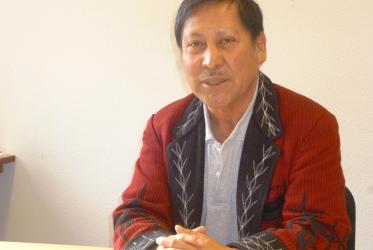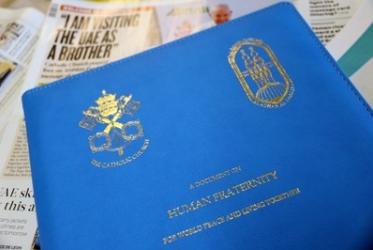Displaying 141 - 160 of 212
WCC Assembly addresses contemporary public issues
08 November 2013
Guatemala’s indigenous peoples demand protection of their rights
16 October 2013
Consultation brings rights of religious minorities into focus
18 September 2013
Dialogue on politicization of religion and rights of minorities
17 September 2013
Politicization of religion and rights of religious minorities
12 September 2013
Cold War politics and the world’s churches
04 September 2013
Church leaders affirm Cuban religious reforms
09 July 2013
Concern and solidarity for Bangladesh
17 May 2013
Churches advocate for the rights of stateless people
01 March 2013
WCC to hold consultation on stateless people
19 February 2013







